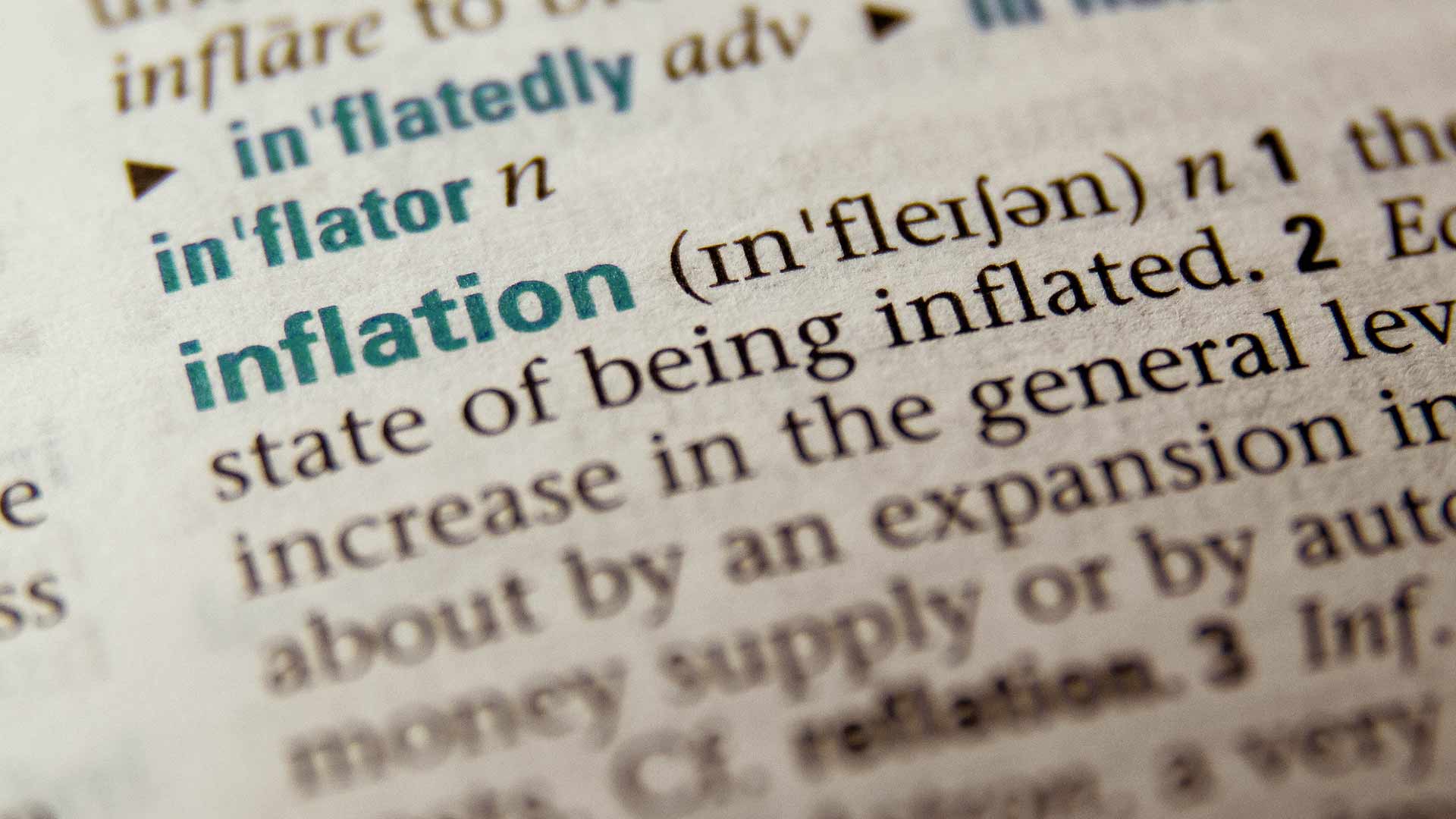As a parent, you naturally want the best for your children, and that often means making sacrifices. It’s worth it, if that’s what it takes to help them achieve their full potential and set them on the path to success.
The first step is getting them the best education you can, starting at primary school. Finding the right school for your child is a journey that can begin as soon as they’re born.
What makes a good school?
A good school doesn’t always mean a private school – called an independent school in South Africa. We have some excellent public schools provided by the state that can be just as competitive to get into. In some cases, parents will even camp out overnight in the school’s car park to secure a spot for their kids.
But what makes for a good school? This is a deeply personal decision – what makes a school ‘good’ is subjective. It’s about finding the best fit for your family. When evaluating options, consider more than just academic performance. You want a school that aligns with your family values, meets your child’s unique needs and above all, keeps them safe and motivated to learn. The key is finding a place where your child will thrive.
Find out what extracurricular activities the school offers, and if they suit your children. Check the academic record and pass rate. If you can, find out if students generally continue to perform well academically when they move on to further education.
Are many past pupils noticeably successful today? Does the school have a history of behavioural issues that could be concerning? How strict are the policies on student behaviour and appearance, and how does the school deal with bullying or intimidation? Observe how the students interact with you and each other when you visit – are they courteous and well-behaved?
Try to find 2 or 3 good schools that will suit your children and apply to them all – that way, you have a plan B
Your child will spend a significant part of their life at school, and the environment will greatly influence the person they become. Take the time to choose a school that feels right for your family and supports your child’s growth in all aspects.
How to get your child into a good school
Here are some tips that may help:
You may have to relocate
Good schools, whether independent or public, have a positive effect on property prices in the area, which sounds like good news, but can in fact be a problem. Public schools give priority to children living within their community, which means you may need to relocate before you can apply to enrol your child at a top-performing institution.
So, you’ll have to consider not only the disruption of moving house, but perhaps also the financial stress of relocating to a more upmarket suburb. If you’ve set your sights on a specific school and will need to relocate, consider the financial and logistical challenges you’ll have to overcome if you want your kids to have the best opportunities.
Practise for interviews
Interviews can be nerve-wracking at any age. Preparing properly will help both you and your child stay calm and focussed. Practise interview questions together and guide your child through their responses.
You want to ensure that they demonstrate how they align with the school’s values, without losing their unique personality in the interview. Prepare them for the interview but let them be who they are. This will help them make a strong impression.
Highlight your child’s diverse interests
Academic achievement is an important priority, but it shouldn’t be the only feature of your kids’ development that you focus on. Schools are looking for students with diverse interests, including sport, philanthropy or upliftment projects, fine arts, performing arts and public speaking.
So, if your child shows interest in a sport or hobby, encourage them to pursue it. Even if they don’t grow up to become the next Siya Kolisi or Imtiaz Sooliman, they’ll still be able to develop key skills that will prove useful in later life. This will also help you secure them a place in a school that supports and develops their non-academic interests alongside their schoolwork.
Be financially prepared
The last thing you want is for your child to be accepted by a great school, only to find that you can’t afford the fees and other expenses. That’s why it’s a good idea to start saving for your child’s education as soon as they’re born – and to explore ways to save on school fees. You could also apply for a personal loan to cover upfront costs.
Find out the total cost of application and admission well in advance. Does the school offer a discount if you pay fees upfront, rather than in monthly instalments? Does the school offer bursaries or scholarships, and what conditions must your child meet to qualify? You need to take a proactive approach to solving financial challenges if you want to give your kids the best start.
Apply to multiple schools
‘Shoot for the moon,’ the saying goes, ‘and even if you miss, you’ll land among the stars.’ Don’t put all your eggs in one basket – try to find 2 or 3 good schools that will suit your children and apply to them all. That way, you have a plan B if you can’t get them into your first choice. This strategy eases the pressure on you and improves your chance of finding a great fit. Remember, the goal is to set your child up for success, and that could mean a school you didn’t consider at first.
If you want to buy a property in an area with better schools, a Nedbank home loan can help.
To pay school fees upfront or cover other back-to-school expenses every year, consider a personal loan.
You can also chat to a financial adviser when your children are born to help you plan investments that will secure the best education for them.








